Do amnesties really work?
PFEM never dispensed it
At A Glance
- The Vice President has seen firsthand the carnage done by communist rebels when an explosive device was detonated in Davao City when she was still its Mayor in 2017.
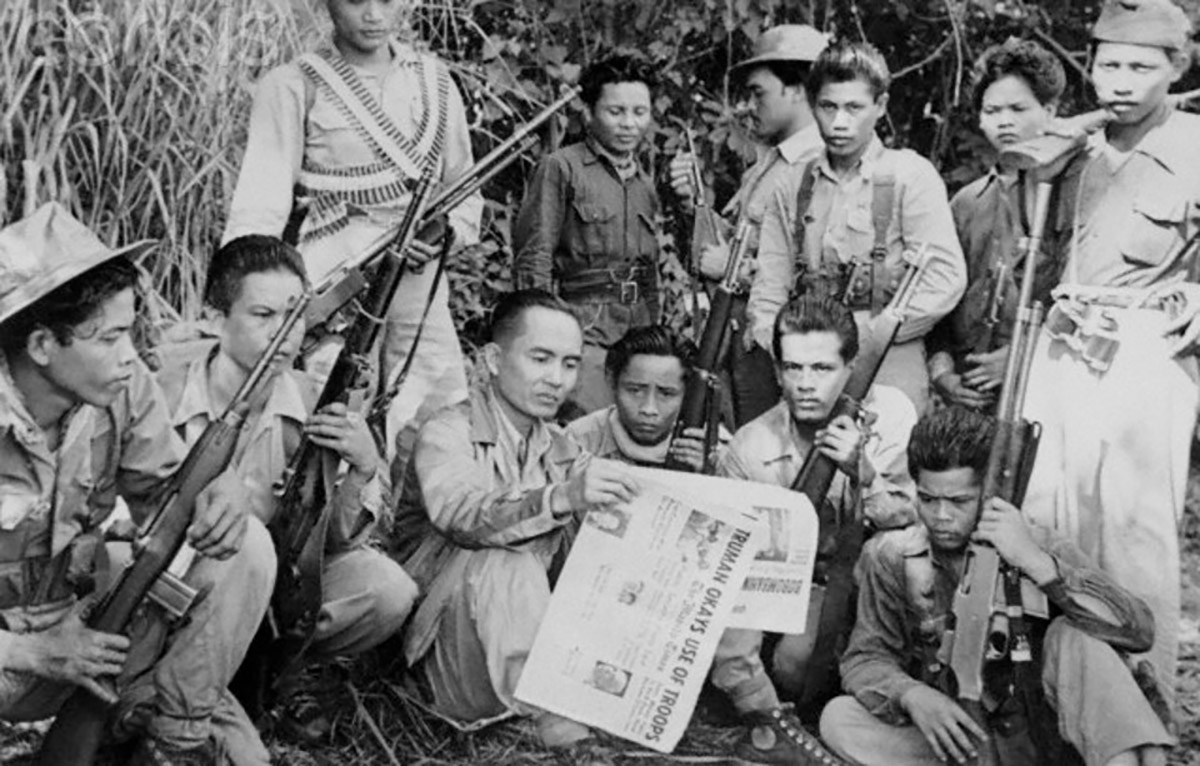
Do amnesties work? After studying the data set of all amnesties enacted since 1946, Geoff Dancy in his article “Deals with the Devil? Conflict Amnesties, Civil War, and Sustainable Peace” says, “Amnesties that grant immunity for serious rights violations have no observable pacifying effects” and are only effective, “when they are embedded in peace agreements that do not “exculpates combatants for atrocity crimes and other serious violation of human rights.”
The study, which is a systematic comparative analysis of amnesty performance concluded, forgiving combatants for serious rights violations is “not a tried-and-true strategy” for ending armed conflicts. This fact may have prompted Vice President Sara Duterte to publicly describe government’s recent amnesty proclamation for communists, “An agreement with the devil.”
An amnesty is a legal device to protect rebels/combatants from criminal prosecution. It is a tool proposed in attempts to end armed conflicts.
Peace talks facilitated by the Royal Norwegian Government between the Government of the Republic of the Philippines (GRP) and the National Democratic Front of the Philippines (NDFP) have been ongoing since 2022 in the Netherlands and Norway. In a joint statement the GRP and NDFP said: “Cognizant of the serious socioeconomic and environmental issues, and the foreign security threats facing the country, the parties recognize the need to unite as a nation in order to urgently address these challenges and resolve the reasons for the armed conflict.
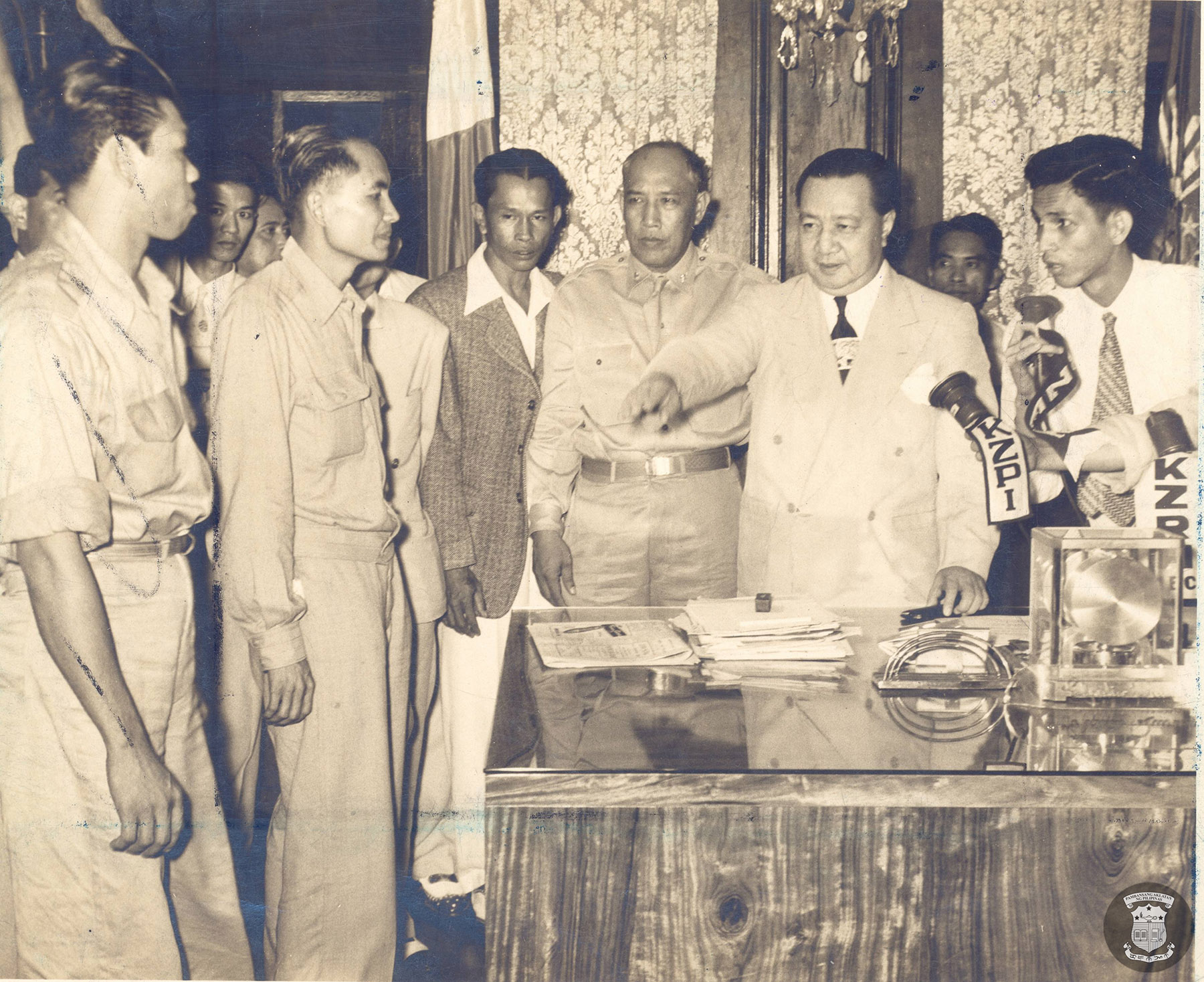
The parties agree to a principled and peaceful resolution of the armed conflict. Resolving the roots of the armed conflict and ending the armed struggle shall pave the way for the transformation of the CPP-NPA-NDFP.
The parties acknowledge the deep-rooted socio-economic and political grievances and agree to come up with a framework that sets the priorities for the peace negotiation with the aim of achieving the relevant socioeconomic and political reforms towards a just and lasting peace. Such framework, that will set the parameters for the final peace agreement, shall be agreed upon by both parties.”
Office of the Presidential Adviser on Peace, Reconciliation, and Unity Secretary Carlito Galvez underscored, “The grant of amnesty to former rebels is an integral part of the confidence-building measures under the National Task Force for Ending Local Communist Armed Conflict’s (NTF-ELCAC). “
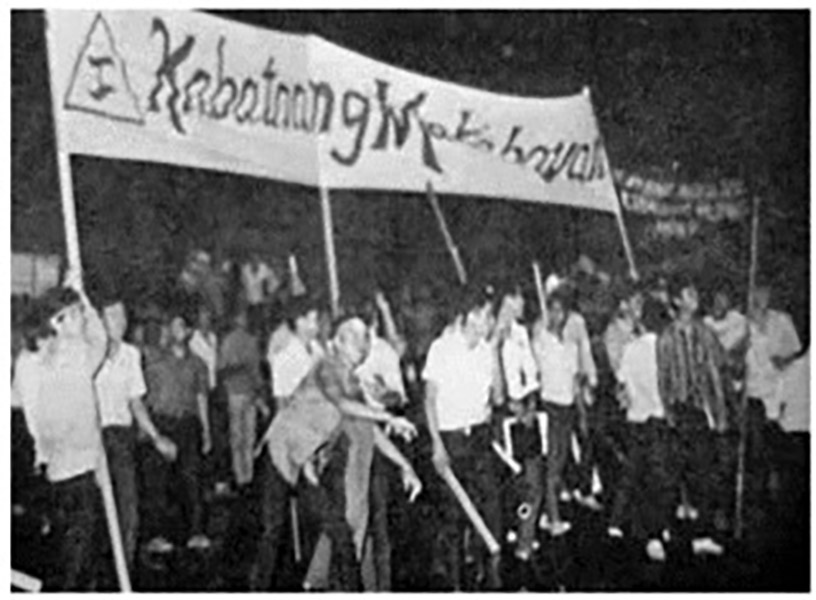
The NTF-ELCAC was created under Executive order 70 signed by President Rodrigo Roa Duterte in December 2018. It is the government’s approach in “defeating the local communist terrorist group and obtaining sustainable and inclusive peace throughout the country.”
Galvez said, “We want to demonstrate to these former rebels that they have made the right decision in laying down their arms and returning to the folds of the law. We want to show them that good things come to those who choose to walk the path of peace.” So, to show good faith and lure communist rebels back into the fold, an amnesty was proclaimed.
But as Dancy pointed out, “Human rights advocates often perceive amnesties as deals with the devil because they block prosecution for acts like mass killings, torture, and extreme sexual violence.”
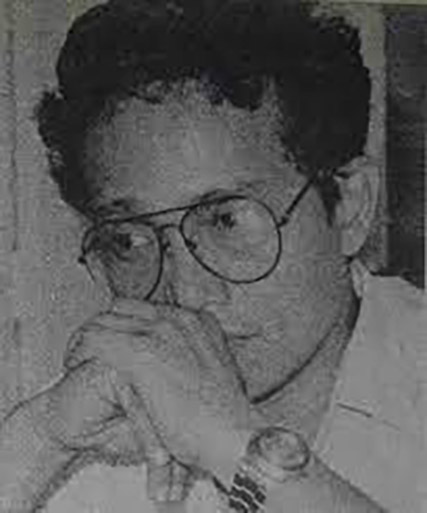
I don’t envy the task of peacemakers as they engage in the debacle of “peace versus justice.” This debate has pit peacemakers against human rights advocates, consequentialists versus moralists. In his article, Dancy illustrated how “peacemakers argue amnesties serve the interest of local population desperate for order and security while human rights advocates see amnesties as immoral—interfering with a duty to prosecute crimes under the law.”
He admits that in this debate, “consequentialists have an advantage” with the belief that if amnesties “can help end the destruction of war, and save lives, they are worth the blow to justice”—albeit they are in the minority.
Darcy’s statistical data suggests, “amnesties that forgive armed combatants for atrocity crimes and other serious violations and fuel the ‘peace versus justice’ debate are in the minority because not all amnesties offer immunity for serious violations. Nevertheless, even or because of it, former UN Secretary General in 1988 took an official position on the matter, requesting UN mediators to refrain from supporting amnesties for war crimes, crimes against humanity, genocide, and human rights violations.”
The Vice President has seen first hand the carnage done by communist rebels when an explosive device was detonated in Davao City when she was still its Mayor in 2017. In her public statement opposing the government’s proclamation granting amnesty for communists’ rebels, she says, “the fight against terrorists is deeply personal to me, as it is deeply personal to the families of countless Filipinos whose lives were forever upended because of the madness of terrorists.” She recounts seeing a victim of the bombing struggling to breathe as he was chocking on his own blood in hospital, being rendered speechless when asked by a mother of a slain soldier, “how many more children will have to die in the hands of terrorists?” and even losing her unborn twins (she was carrying triplets, one survived( as the physical burden dealing with the aftermath of the carnage became too much. It is understandable, nay imperative, to seek justice.
The communist insurgency problem in this country has been festering for decades. Countless of lives have been lost since PBBM’s father, the late President Ferdinand E. Marcos (PFEM) began government’s battle against communist insurgents.
PFEM did not offer amnesty for communist rebels. He pardoned some of them. And those he pardoned were already facing justice like Luis Taruc who formed the Hukbo ng Bayan Laban sa Hapon (Hukbalahap) in 1942 to fight against the Japanese then later in 1946 rebelled against the Philippine government. By 1950 it had reconstituted itself to become the armed wing of the Communist Party of the Philippines with a change of name to People’s Liberation Army. Taruc was pardoned and later served as a consultant in PFEM’s administration. There was also now Bishop (at Cadres of the Kingdom of Christ) Tayag who (along with Jose Mari Sison) founded the Maoist Youth Group or the Kabataang Makabayan in 1964. This became what we now know as the Communist Party of the Philippines today. Taruc and Tayag were convicted of their crimes before they were pardoned. Amnesties absolves any crime committed, even atrocious crimes.
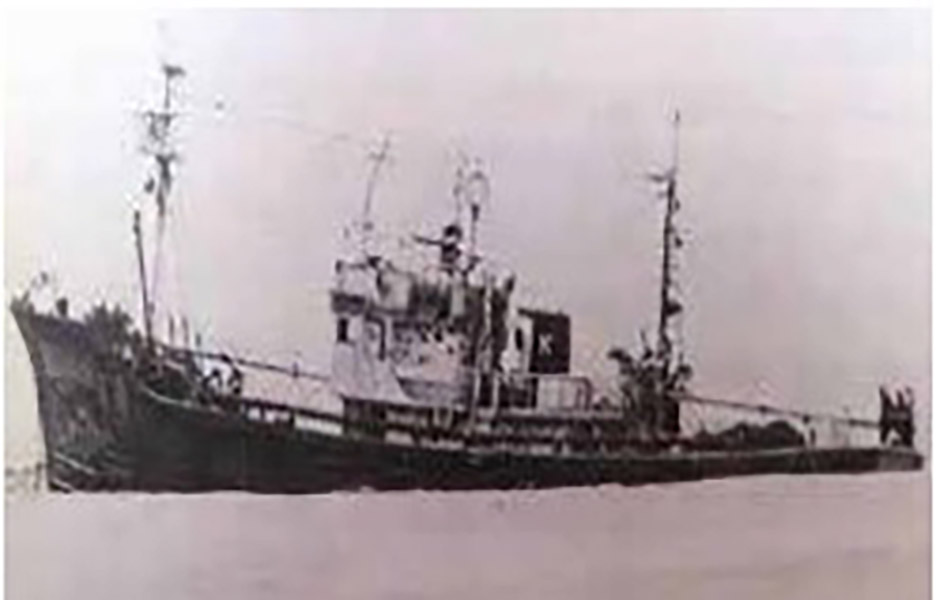
PFEM must have known granting amnesties to rebels—offering them a “clean slate”—would later be too costly for government in the future?
PEFEM was definitely not a fan of communism—an understatement if there ever was one given the amount of time he spent writing about the problems they caused, in his diary and mentioning them in speeches and books. He would even say the goal of the communist rebels in the Philippines was to take over government.
He was convinced he along with his family, the entire government and the ruling class at that time would be annihilated if they came into power. But despite PFEM’s aversion to the ideals of communism which he itemized in a 10-point list under the heading “Why I am Fighting Communism” and addressed to his children: Imee, Bongbong, and Irene, he still felt the ideology had merits.
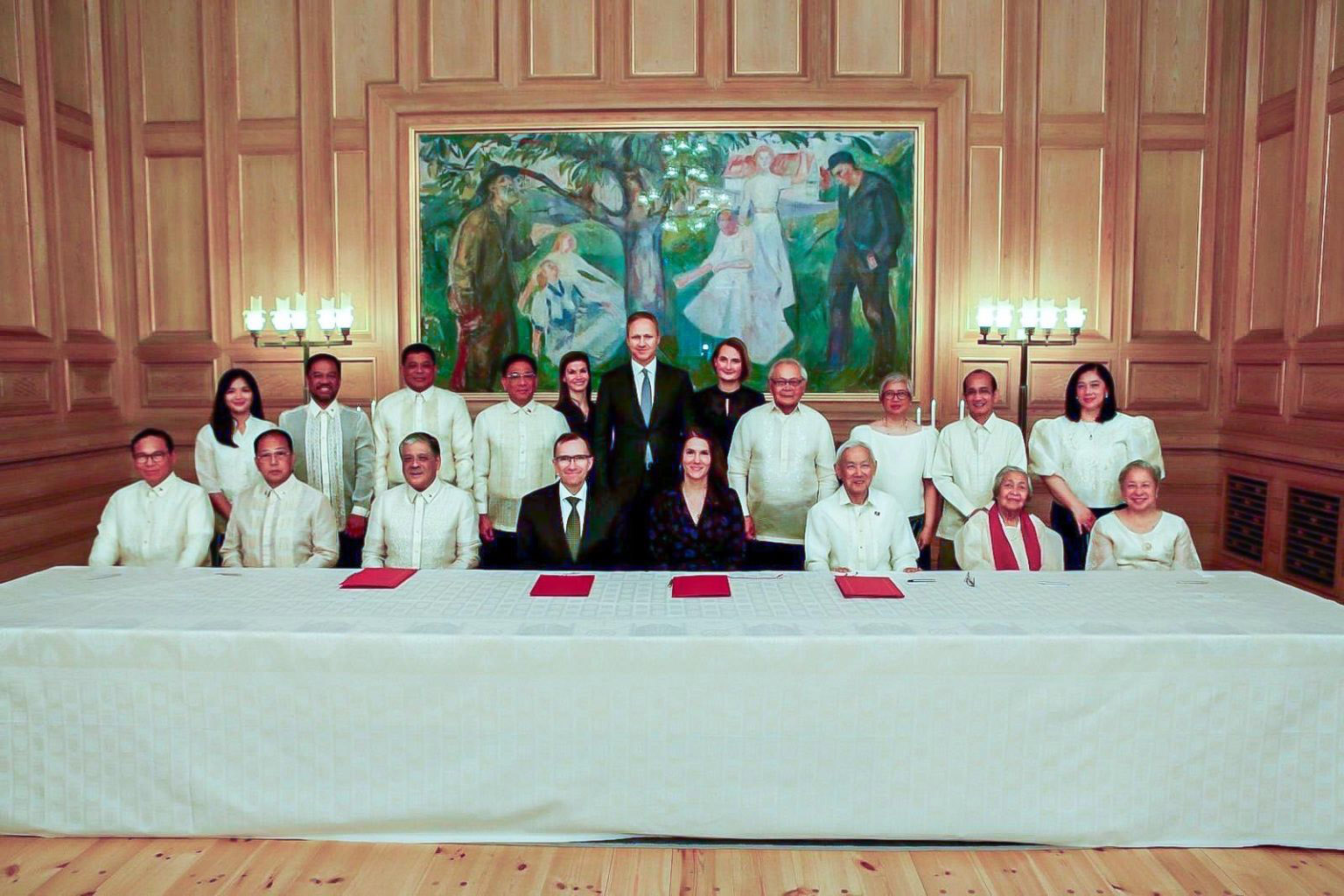
On May 11, 1973 at the commencement exercises at the International School he said, “Let us not deny the facts. Dogmatic communism has its merits. It has transformed Soviet Russia from a weak agricultural society into a power second only to the United States. Many other communist nations in Eastern Europe and Asia have developed in a more or less similar manner, but we know that the price for this development has been too high in terms of human lives and human dignity.” PFEM added, “Communists do not have necessarily bad or harmful ideas. It is their commitment to class war and revolution which erode their ideas.”
Underscoring the fact dogmas do change, he encouraged Filipinos to adjust. PFEM believed the best defense against the wiles and inroads of communism is a “strong economic, social, and cultural structure” within the nation. That meant opening trade with Maoist China. He mentioned this during a speech before the Philippine Chamber of Commerce of the Philippines in July 21, 1969. “The policy of government for widening our trade and cultural horizons does not imply an abandonment of our traditional opposition to Communism. The major Western powers, including the United States, France, and Great Britain, not to mention Japan in Asia, trade freely and reciprocally with selected communist countries.
No one has accused them of being inclined to communism. To make this accusation of our country is to imply that the freedom we grant to other nations should be denied to ourselves because we are inherently inferior and incapable of mature judgement.” PFEM urged those present to move forward in progress and dignity, as equal and at par with other countries who have dealings with China.
If history has shown us that Communist dogma do change through time, should we be flexible as well when dealing with communist rebels today? Is foregoing justice worth the price for (with hope, not fleeting) peace?
One can almost dream of a Philippines without a Communist insurgency problem. If turned into reality surely this could merit a prize… a Nobel Peace Prize Medal, perhaps?